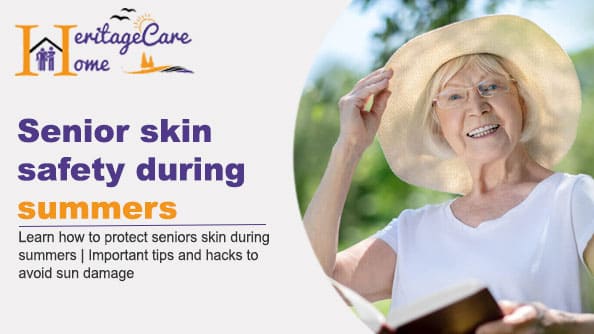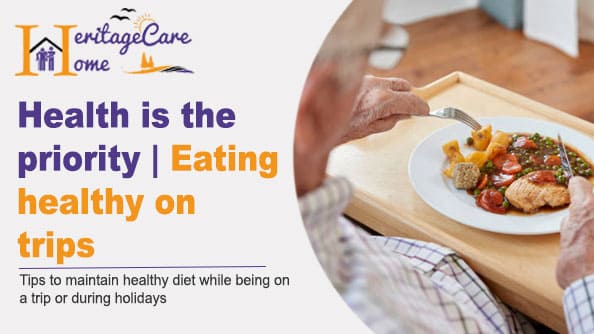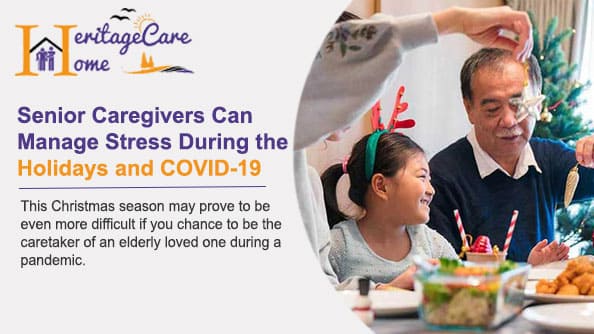Health is the priority | healthy on trips
- Admin |
- Feb 08, 2024
Tips to maintain healthy diet while being on a trip or during holidays...
Read more
Ah, the arrival of summer. barbecues on Memorial Day. taking a dip in the pool. spending time at the lake. If you're a carer, you could divide your time between looking after your teenagers and helping an elderly parent.


Ah, the arrival of summer. barbecues on Memorial Day. taking a dip in the pool. spending time at the lake. If you're a carer, you could divide your time between looking after your teenagers and helping an elderly parent. Skin safety may not be front of mind during these hectic days.
However, it's a crucial topic for you as well as the senior family members for whom you are caring.
Skin Cancer Awareness Month is in May. One in five Americans may acquire skin cancer throughout their lifetime, according to The Skin Cancer Foundation, a worldwide organization committed to fighting the most prevalent type of cancer in the world.
Thankfully, skin cancer is mostly avoidable. Between 86 and 90 percent of all skin cancers are thought to be brought on by UV radiation from the sun, according to Perry Robins, MD, president of The Skin Cancer Foundation.
It's crucial to comprehend how to safeguard your skin all year.
You may already be aware that limiting your exposure to the sun throughout your life will help you avoid developing wrinkles and leathery skin.
However, protecting your elderly loved ones from the sun is even more crucial.
The Sun and Seniors
Our skin gets thinner and less easily regenerates as we get older. We become more vulnerable to skin cancer, sunburn, and other harm as a result. Use these pointers to assist your elderly loved ones in protecting themselves.
Apply generously with an SPF of 30 or higher. Reapply as needed—every several hours, if your loved one has been perspiring—or earlier. Keep in mind that the atmosphere can be penetrated by the sun's most hazardous rays even on gloomy days. Even if the sky seems to be gloomy, sunscreen should be applied and reapplied frequently.
Find shaded spots wherever you can. When taking a walk, stay on routes that are shaded by trees. Sit under an umbrella if you're lounging by the pool or at the beach.
Make sure your elderly family member is dressed in long sleeves, long pants, and a hat to cover as much of their body as you can. Always use light-colored, airy textiles, like cotton. It is important to note that darker colors tend to absorb more heat from the sun, which can put your aging loved one at risk of heatstroke.
Antibiotics, antidepressants, antipsychotics, and water tablets are just a few of the medicines that might make skin more sensitive to the sun. If you're unsure about the amount of sun exposure that is safe for your loved one to get while taking each of their medications, check with their doctor or read the box inserts.
Make good plans for your day and inspire older individuals in your life to do the same. Run errands early in the morning or late in the day. By doing this, you can reduce the amount of time you spend outside between 10 a.m. and 4 p.m. The worst of the day's heat and humidity usually occur during these hours.
Instead, take advantage of the time to relax indoors. Residents can have a leisurely gourmet lunch at Heritage Care Home Senior Living facilities, for example, and then participate in art classes, creative writing workshops, or matinee movies.
While it's vital to observe these skin safety precautions all year round, warmer weather is especially crucial since it encourages greater outdoor activity. By doing this, you and your older family members can avoid joining the 20% of Americans who suffer from skin cancer.

Tips to maintain healthy diet while being on a trip or during holidays...
Read more
The majority of Americans eagerly look forward to retirement. Many people have distinct memories of traveling, exploring the nation...
Read more
Understand how to convince your parents to accept help at their old age...
Read more
Explore the tips for managing stress at senior lving community...
Read more
Seniors are using the internet to order anything from groceries to post office stamps as long as the COVID-19 crisis concerns remain present...
Read moreFEEL THE PLEASURE OF BEING CAREFREE